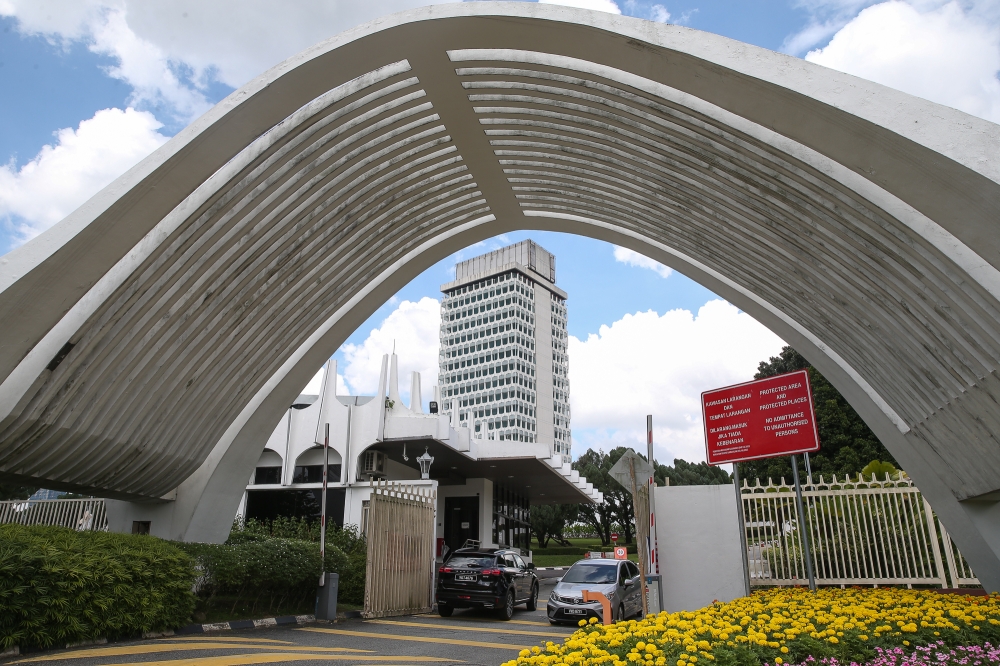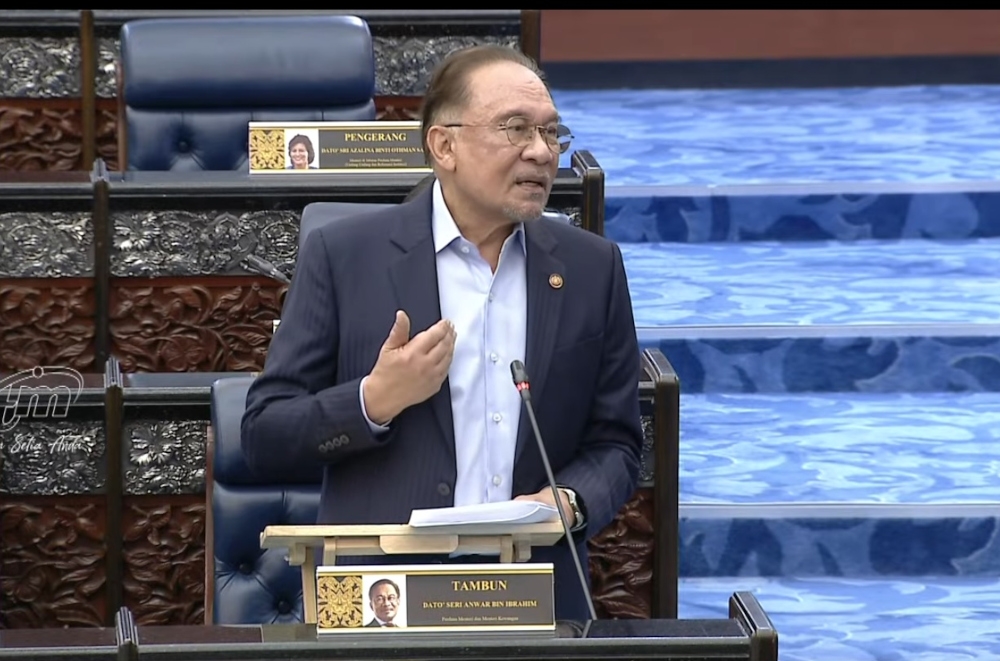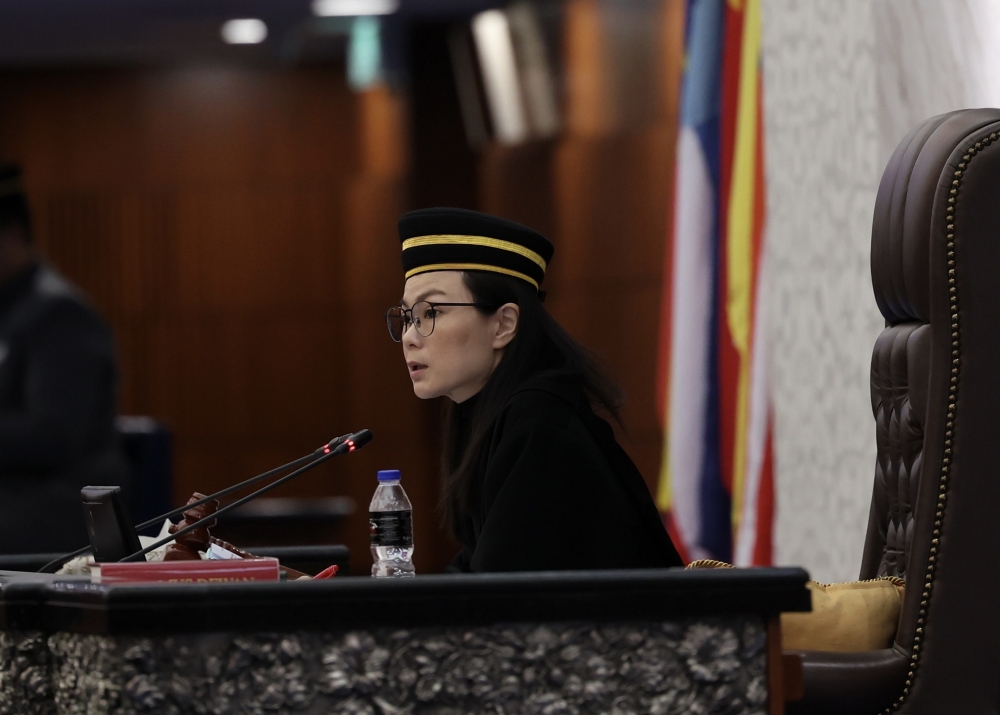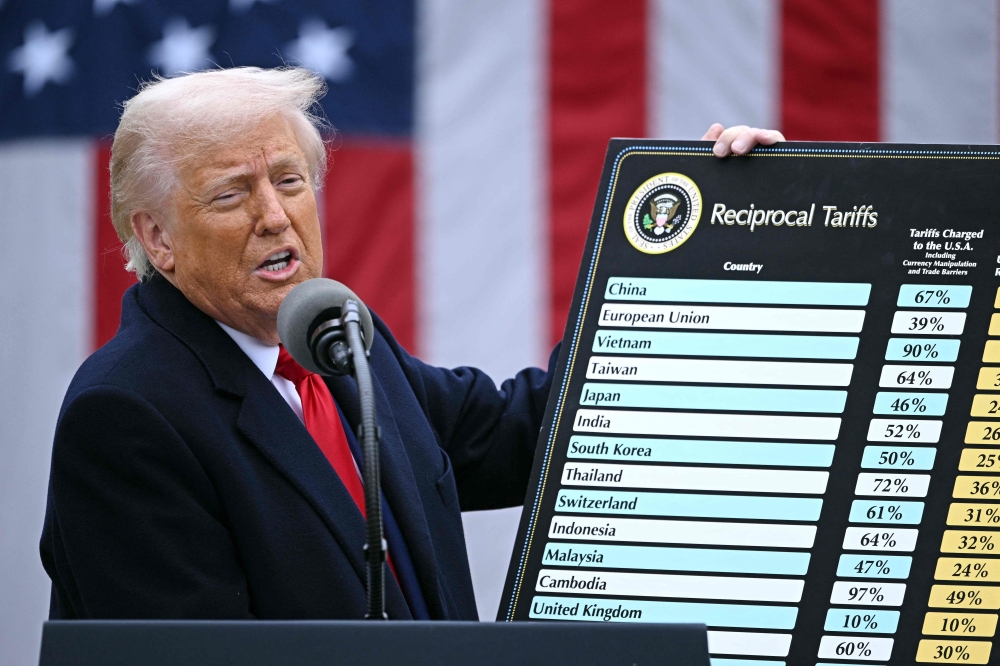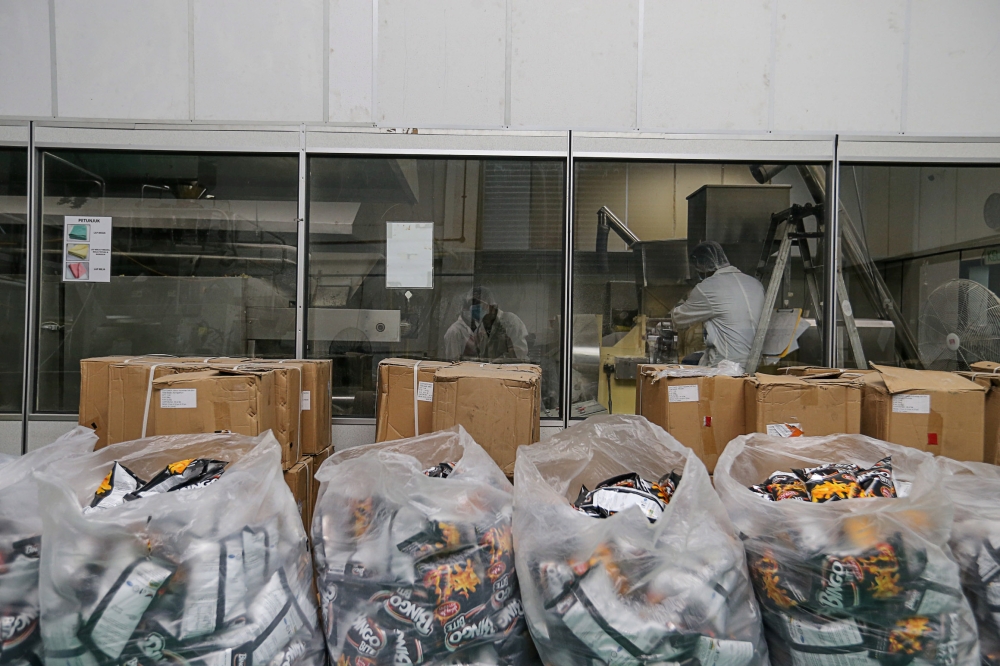KUALA LUMPUR, May 1 — Small and medium enterprises in Malaysia are struggling to find the right workers to fill in their severely affected workforce.
Small and Medium Enterprises Association (Samenta) chairman Datuk William Ng urged the authorities to form a Future of Work Taskforce to address that issue and the rising underemployment rate as the current policies are backward and dated.
“Employers, including SMEs, are finding it difficult to hire qualified employees with the right skill sets and have to settle for whatever is the next best. This severely impacts productivity growth and forces employers to retrain at considerable costs.
“At the same time, workers, including gig workers, find themselves underemployed,” Ng said in a statement.
He cited the research done by EMIR research — a local think-tank — that said underemployment was now structural and according to the World Economic Forum by 2025 more than half of all skilled workers must be reskilled.
This was due to the rise in digital technology which he said was disrupting the labour market and changing the way people work.
He said a high-level task force led by industry experts was long overdue and it must include the relevant government agencies, industry players and SMEs.
“This lose-lose situation must be addressed urgently. This is not only to solve the issue of job market disruption, but to map out the availability of a trained workforce to support the growth of our industries, provide high-value jobs that are more meaningful for Malaysians, and help businesses especially SMEs to upgrade their workforce and digital capabilities.
“The current piecemeal and reactive approach is dangerous and regressive; resulting in the increasing disconnect between policymakers and the industry in such areas as minimum wages, labour laws, social security coverage, employee benefits and more," he added.
Previously, Samenta requested the government to take more steps to address urgent issues affecting the SMEs in the revised Budget 2023.
Ng said that while cost pressures and labour shortage remained the most urgent issues impacting the recovery of SMEs, longer-term challenges such as low productivity, digital displacement, regional competition, and environmental, social and governance (ESG) compliance should also be addressed the soonest as possible.


